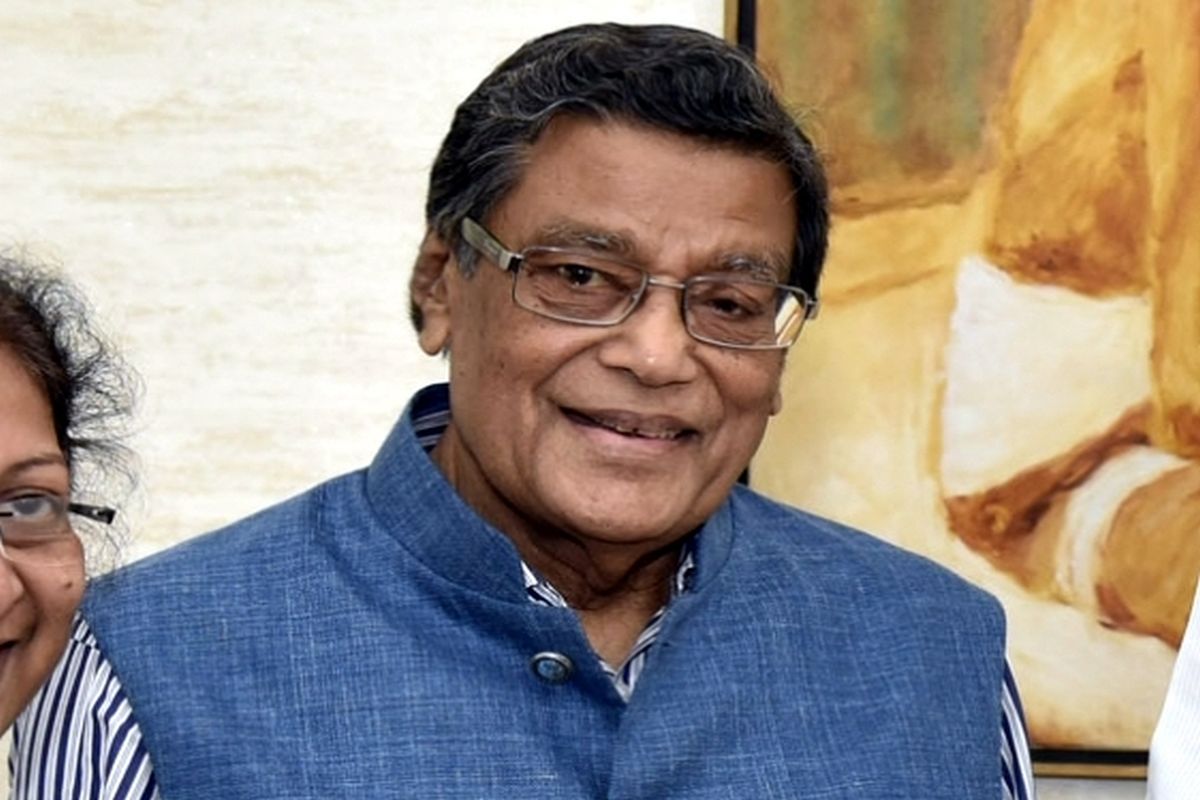India’s Got Latent: SC issues notice on YouTuber Ashish Chanchlani’s plea against FIRs
SC issues notice on YouTuber Ashish Chanchlani’s plea to quash or transfer FIR in India’s Got Latent case; tagged with Ranveer Allahabadia’s petition.
In response to Venugopal’s comments, the Chief Justice said the top law officer should tell all this to the government.

KK Venugopal. (File Photo: IANS)
The government’s top law officer on Thursday recommended a fixed tenure of three years for the Chief Justice of India.
Attorney General K.K. Venugopal, in his address at the felicitation function of the new Chief Justice S.A. Bobde, said: “There must be a fixed term of minimum three years for the Chief Justice of India, which will allow them the time to bring substantial changes.”
Advertisement
“Today the tenure is set against their retirement… By the time they (the Chief Justice) decide to do something, they retire and also many are left with very little tenure to plan for some crucial reforms or changes… as they plan, the retirement day is there.”
Advertisement
The AG also insisted that the retirement age of judges must be raised. “Age difference between Supreme Court Judge and High Court Judge is 65 & 62. Judges retirement age should be around 70 years,” he suggested.
In a response to Venugopal’s comments, the Chief Justice said the top law officer should tell all this to the government. “You should tell this to your client… we are ready to work,” he said.
The Chief Justice batted for introducing artificial intelligence in the court management system, as it would streamline many cumbersome processes in the judicial system. He said the world is adapting these technologies, and therefore we should do the same.
He also emphasised on the mental health of the judges, saying that the focus should not just be on physical health but this too. The Chief Justice insisted that it is essential to remove the stigma attached to the mental health, and efforts should be made to provide professional help, adding that these reforms will help both judges and lawyers.
Chief Justice Bobde also stressed access to affordable legal aid, saying it is a concern for the people. He also made an observation on the practice of mentioning matters by lawyers before the superior courts, saying that at lot of times, mentioning, which is request by a lawyer for urgent hearing on the matter before the Chief Justice, is very uninformed, and the lawyers mentioning the matter are not qualified to address superior courts on the issue of urgency.
Advertisement